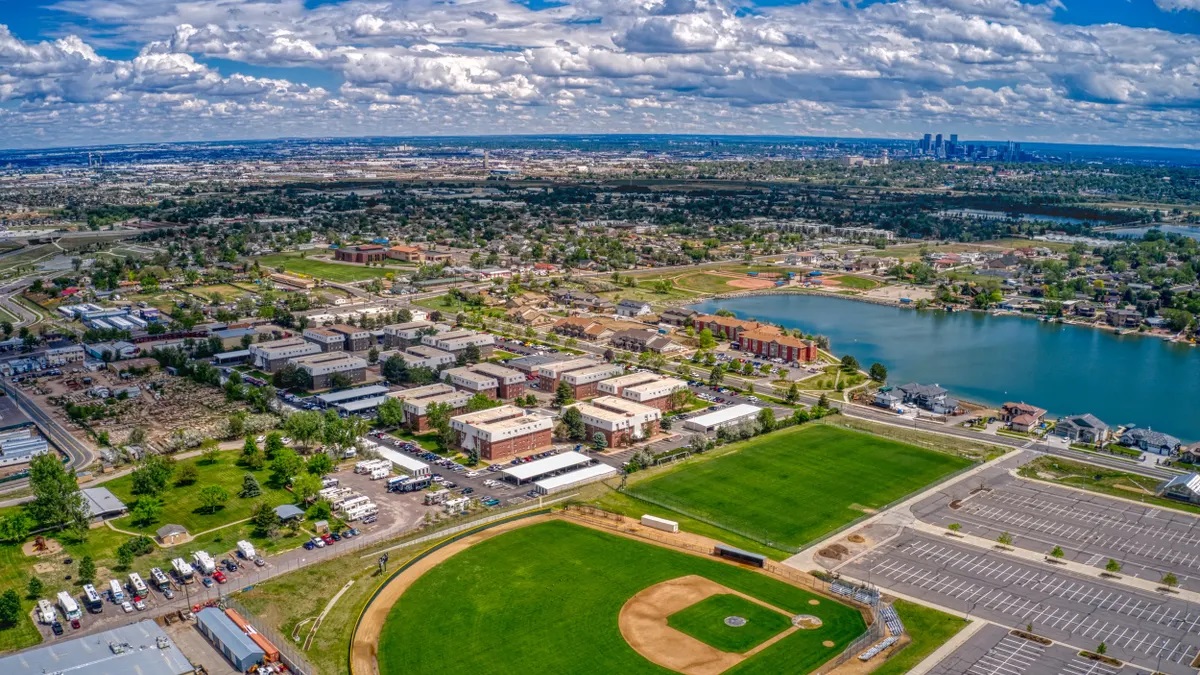
It’s an open secret that Colorado is currently at a crossroads in its housing crisis. People experiencing homelessness, low-income renters and aspiring homeowners have all been significantly impacted by the pressure of housing costs.
There are only 26 affordable housing units in Colorado for every 100 low-income households, while the median sale cost of a home in Colorado has roughly doubled over the last ten years. Not only are the costs prohibitive, the housing supply is low, rent is increasing at alarming rates, and households are being pushed out of the neighborhoods that they have called home for generations.
In a bid to boost affordable housing, Colorado recently softened local occupancy and parking limits, promoted accessory dwelling units, repealed safety requirements, and incentivized factory-built homes and those near transit hubs.
Colorado Governor Jared Polis also recently signed several housing bills into law since the 2025 legislative session ended. All in a bid to address the state’s affordable housing crisis.
Polis signed Senate Bill 25-006, which will create a $50 million revolving fund the state treasurer can use to buy down construction and mortgage costs, creating affordable for-sale housing that would otherwise not be built. The fund is expected to help up to 200 people buy homes.
The state is hopeful that the bill will directly benefit Coloradans with a place to live while also being able to build wealth for themselves over time.

Eight in 10 Coloradans who work in low-paying jobs — in education, health care and the service industry — spend more than half their income just to stay housed. Private developers have constructed plenty of homes for top earners and investors. There are currently 22,000 vacant housing units in metro Denver alone, more than five empty homes for every Coloradan experiencing homelessness.
The Trump administration has fired federal workers and frozen housing assistance funds as it works to remake government and reduce waste. The halting of HUD’s Green and Resilient Retrofit Program would put existing affordable housing stock at risk of being turned into market-rate homes.
Colorado lawmakers are also considering measures aiming to streamline homeless support infrastructure and keep people from losing their housing, including domestic violence survivors.
A recent report from the National Low Income Housing Coalition, listed Colorado as the sixth least affordable state in the country. The report focused on low-income housing and affordable homes, finding that 79% of extremely low-income renters in Colorado have a “severe cost burden” when it comes to finding housing.
Extremely low-income renter households are defined as those with incomes at or below the poverty level or 30% of their area median income, whichever is greater. In Denver, that is approximately $27,400 per year.
The SB25-006 is also sponsored by State Sen. Dylan Roberts, D-Frisco, and State Rep. Mary Bradfield, R-Colorado Springs.
Governor Polis in addition to the recently signed bill also signed Senate Bill 25-002, which seeks to make it easier to build modular housing. Modular housing is less expensive and can be built quickly. He equally signed House Bill 25-1273, allowing five-story apartment buildings with one staircase to be constructed. Supporters say this will allow developers to build more compact buildings that can provide more living space.
The governor also signed House Bill 25-1272, a construction defects bill aimed at making it easier for developers to build condos, which are less expensive to buy than traditional homes.
“There’s no one thing you need to do in housing. We need to do a lot to build more homes and keep up with demand,” Polis said. “So, a number of different measures to make living in Colorado more affordable are underway.”
Polis said many of the bills lawmakers passed during this year’s legislative session were focused on policy instead of funding.
Some of the bills have gotten pushback from local officials who feel the state will be interfering in local zoning laws.




